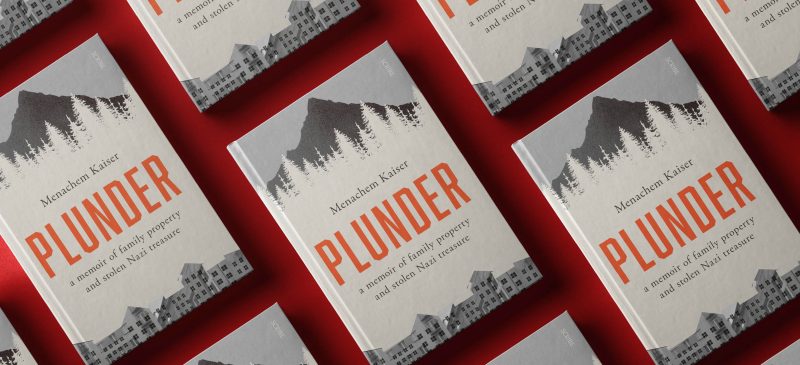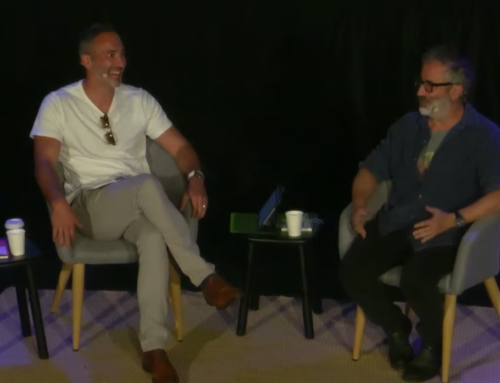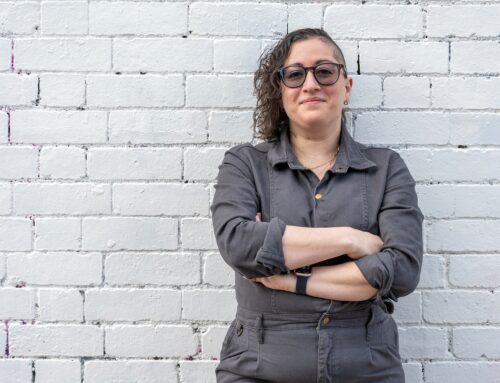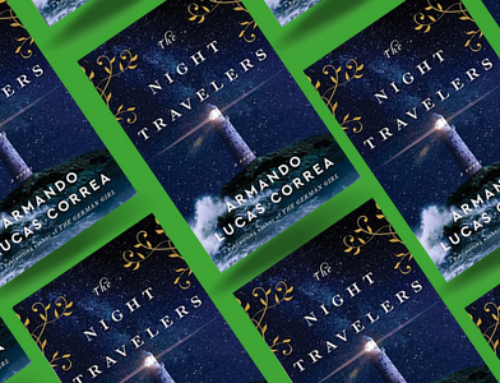There have been periods in my life when I’ve had to take a long break from reading anything that is even remotely connected to that sea of Holocaust related literature, times when the weight has just been too much to bear. I suspected that I was in one of those seas when Menachem Kaiser’s book landed in my lap. My first thought was – I can’t read this, I’m drowning in Covid lockdown, it’s too heavy. In my mind, the book’s title – Plunder: a memoir of family property and stolen Nazi treasure – sounded somewhat ‘typical’ … although ‘typical’ isn’t exactly the right word … perhaps predictable? Traditional? Expected? But definitely heavy.
I can’t lie … if I hadn’t been asked to interview Menachem I most probably would have put this book aside for another time. And what an enormous loss that would have been for me! Because this book was exactly what I needed to read at this precise moment in time and it was not at all what I was expecting. Not only did I land up with oh so many questions like does property have a memory or how did your search to reclaim property impact your relationship with your father or what would you do if you did indeed manage to reclaim the building … But this book also sent me on my own quest to find out more about all the people Kaiser meets through his journey. I wanted to know Hanna the architect and Harry Ostry who Kaiser’s grandfather saves in the camps. I wanted to walk into the mountain with Andrzjec and Janek. Moreover, this book inspired me to think differently about life and legacy and inheritance and most profoundly to reconsider the meaning of memory, family and belonging.
I never imagined that a book about the Holocaust could (or should) include chapters on UFOs and treasure hunters. But Kaiser’s book took me into underground tunnels, conspiracy theories and drunken exchanges around campfires in far-away forests somewhere in Poland. It took me out of my comfort zone and into a space where the Holocaust becomes an opportunity rather than only a source of sorrow. There were moments throughout this book that were profoundly absurd – as in laugh out loud absurd. And on reflection, anything to do with remembering the Holocaust should, in fact, be absurd… because the fact that it happened at all is absurd and the fact that Kaiser’s grandfather’s story is far from unique is also absurd. This thought recurred for me throughout the book – how should we respond to the Holocaust, I found myself asking … how should we react when a treasure hunter shows off his or her Nazi memorabilia haul with pride … where do we place ourselves and when does investigation become intrusion?
We delved into some of these questions in the interview which you can watch below and I’ll definitely be connecting with Menachem to ask all those questions we didn’t get to in the short amount of time we had together on zoom.
But mostly what I am left with after reading this book (not once but twice) is the deep desire that my own children know their grandparents in a way that Kaiser never knew his grandfather. That they ask questions and engage and relate and connect with their past as it is understood through the lens of my own parents. Because it is this gift that they will carry with them forever.
Justine Saidman interviewed Menachem Kaiser in July 2021 as part of the Sydney Jewish Writers Festival.
Watch Now!
Menachem’s book is available from Gertrude and Alice, the official SJWF book seller. You can order online here or by calling 02 9130 5155.










Leave A Comment